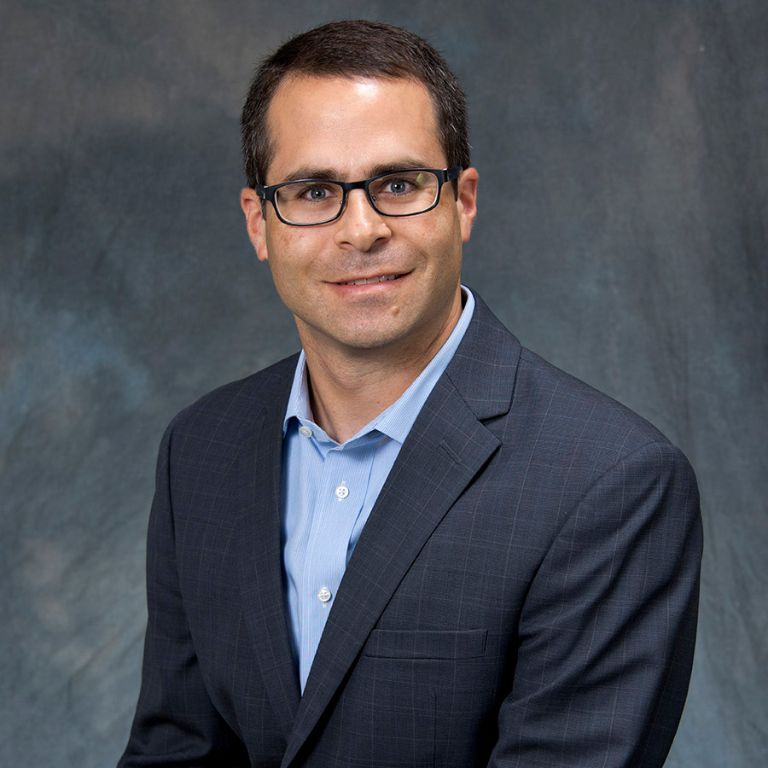Energy insecurity, the inability to pay an energy bill, has long been a problem among low-income households in the United States. But a new survey from the Indiana University O'Neill School of Public and Environmental Affairs has found that COVID-19 is having a significant impact on an already vulnerable population, and is likely to send new households into it.
The study, "Survey of Household Energy Insecurity in the Time of COVID-19," was conducted by O'Neill School professors Sanya Carley and David Konisky. It was administered in May to a sample of American households at or below 200 percent of the federal poverty line. A total of 2,381 responses were registered.
"This survey is the first to focus on energy insecurity among the most vulnerable households in the United States, and the results are striking," Carley said. "We found that people of color, those living in poverty, and households with children and the elderly are more likely to miss payments of their energy bills and to face possible disconnections to electricity."
COVID-19 has only exacerbated an existing problem, according to the researchers. The survey found that 22 percent of respondents had to reduce or forgo basic household needs, like medicine or food, to pay an energy bill. Seventeen percent with income at or below the federal poverty line did not pay their energy bill in the previous month, 9 percent had received a shutoff notice, and 4 percent had their service disconnected.




